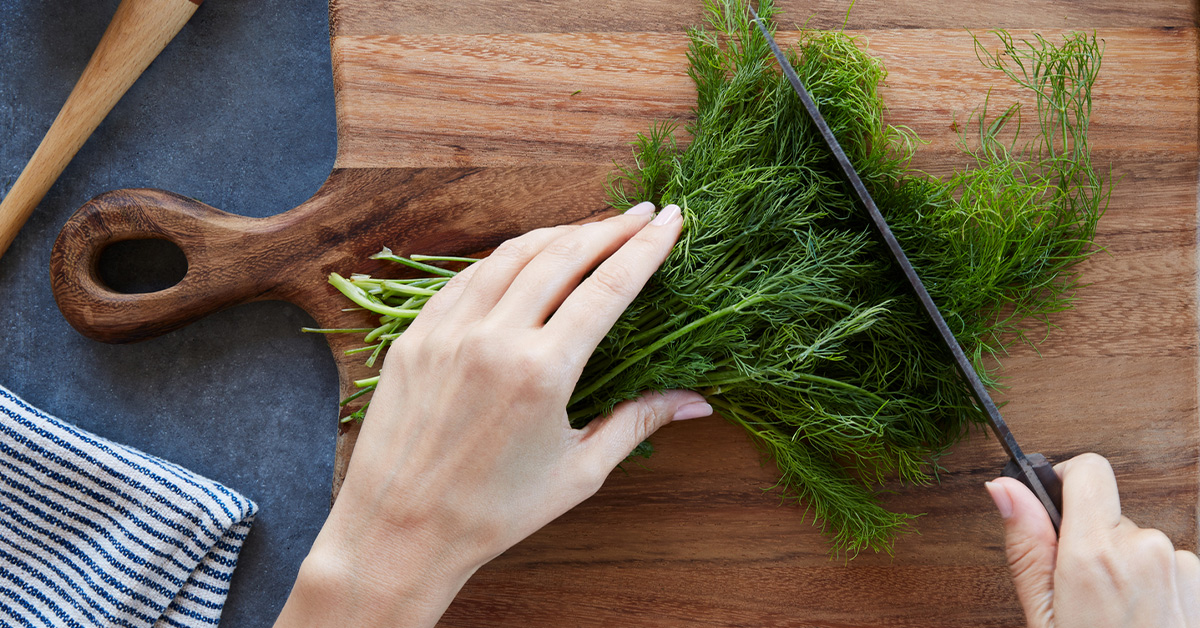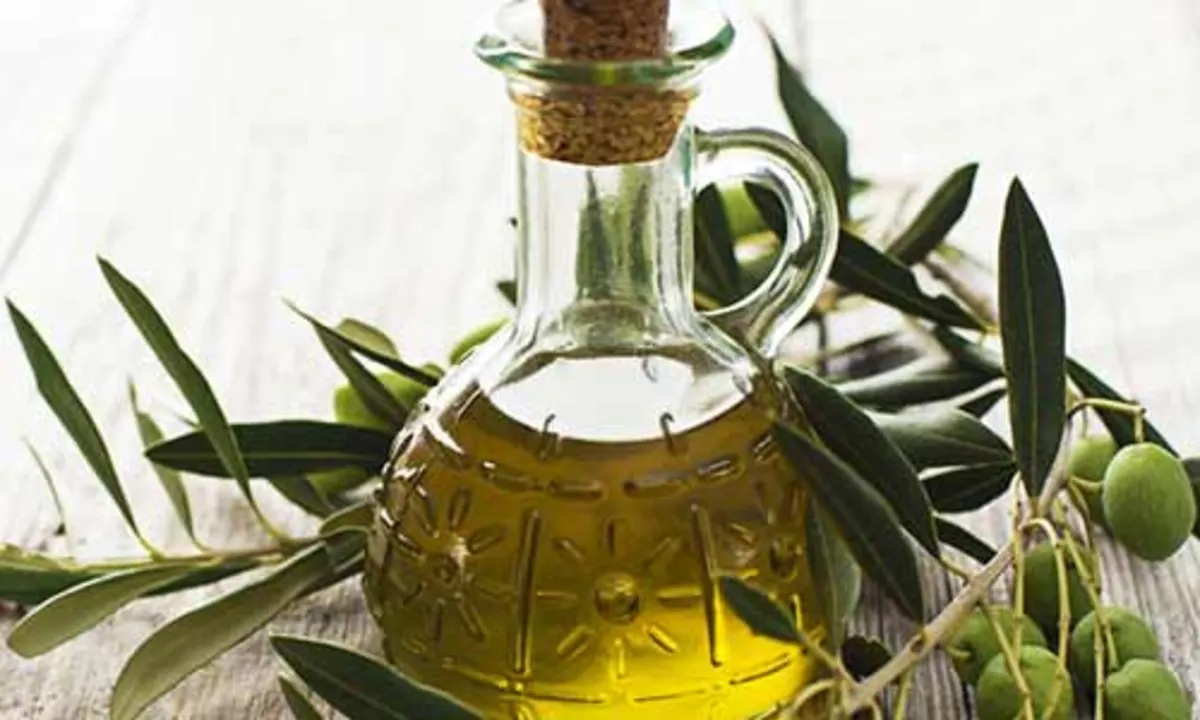Dill, scientifically known as Anethum graveolens, is an aromatic herb belonging to the Apiaceae family, which also includes parsley, fennel, and cilantro. Known for its delicate feathery leaves and distinctive flavor, dill has been used for culinary and medicinal purposes for centuries. In this comprehensive guide, we’ll delve into the nutritional profile of dill, explore its potential health benefits, and discover various culinary and medicinal uses of this versatile herb.
Nutritional Profile of Dill
Dill is low in calories but rich in essential nutrients, including:
Vitamins:
Dill is an excellent source of vitamin A, vitamin C, and vitamin K. Vitamin A is essential for vision health and immune function, while vitamin C acts as an antioxidant and supports collagen production. Vitamin K plays a crucial role in blood clotting and bone health.
Minerals:
Dill contains minerals such as calcium, iron, magnesium, and potassium. Calcium is essential for bone health, iron is necessary for oxygen transport in the blood, magnesium supports muscle and nerve function, and potassium helps regulate blood pressure and fluid balance.
Phytonutrients:
Dill contains phytonutrients such as flavonoids, carotenoids, and polyphenols, which have antioxidant and anti-inflammatory properties. These compounds help protect cells from oxidative damage and may reduce the risk of chronic diseases such as heart disease and cancer.
Health Benefits of Dill
Digestive Health:
Dill has long been used as a digestive aid due to its carminative properties, which help reduce gas and bloating. The essential oils in dill, such as carvone and limonene, have been shown to promote digestion and relieve gastrointestinal discomfort.
Anti-inflammatory Effects:
The phytonutrients found in dill, such as flavonoids and polyphenols, have potent anti-inflammatory properties. Consuming dill regularly may help reduce inflammation in the body and lower the risk of chronic diseases associated with inflammation, such as arthritis and heart disease.
Antimicrobial Properties:
Dill contains antimicrobial compounds that help inhibit the growth of harmful bacteria, fungi, and viruses. These properties make dill useful for preserving food and preventing foodborne illnesses. Dill oil has also been used in traditional medicine to treat infections and promote wound healing.
Diuretic Effects:
Dill has diuretic properties, meaning it can increase urine production and promote the elimination of excess fluids and toxins from the body. This makes dill beneficial for reducing water retention, relieving bloating, and supporting kidney health.
Antioxidant Activity:
Dill is rich in antioxidants, including flavonoids, carotenoids, and vitamin C, which help neutralize free radicals and protect cells from oxidative damage. Regular consumption of dill may help reduce the risk of chronic diseases such as cancer, heart disease, and neurodegenerative disorders.
Culinary Uses of Dill
Dill has a delicate flavor with hints of anise, lemon, and parsley, making it a versatile herb that complements a wide range of dishes. Here are some popular culinary uses of dill:
Seasoning:
Fresh dill leaves can be used to season salads, soups, stews, sauces, and dips. Dill adds a bright, refreshing flavor to dishes and pairs well with fish, chicken, eggs, potatoes, and cucumbers.
Garnish:
Sprinkle fresh dill leaves over cooked dishes or use them as a garnish for sandwiches, wraps, and appetizers. Dill adds a pop of color and flavor to any dish and enhances its visual appeal.
Pickling:
Dill is commonly used in pickling recipes to flavor cucumbers, carrots, beets, and other vegetables. The aromatic seeds and leaves of dill infuse the pickling liquid with their distinctive flavor, resulting in tangy and flavorful pickled vegetables.
Herbal Infusions:
Steep fresh or dried dill leaves in hot water to make a fragrant herbal infusion or tea. Dill tea is soothing and refreshing, making it an excellent beverage choice for relaxation and digestion.
Medicinal Uses of Dill
Digestive Aid:
Dill has carminative properties that help alleviate gas, bloating, indigestion, and stomach cramps. Drinking dill tea or consuming dill seeds after meals may help promote digestion and relieve gastrointestinal discomfort.
Respiratory Health:
Dill has expectorant properties that help loosen mucus and phlegm, making it beneficial for respiratory conditions such as coughs, colds, and bronchitis. Inhaling the steam from dill-infused hot water may help clear nasal congestion and soothe sore throats.
Menstrual Health:
Dill has been traditionally used to regulate menstrual cycles, relieve menstrual cramps, and reduce symptoms of premenstrual syndrome (PMS). Consuming dill tea or taking dill supplements may help alleviate menstrual discomfort and promote hormonal balance.
Infant Colic:
Dill water, made by steeping dill seeds in hot water, has been used for centuries as a natural remedy for infant colic. The carminative properties of dill water help soothe digestive discomfort and reduce excessive gas in infants.
Conclusion
In conclusion, dill is a nutritious and flavorful herb that offers a range of health benefits and culinary uses. Rich in vitamins, minerals, antioxidants, and phytonutrients, dill supports digestive health, reduces inflammation, promotes detoxification, and provides antimicrobial protection. Whether used as a seasoning, garnish, or herbal remedy, dill adds a refreshing and aromatic touch to a variety of dishes and beverages. Incorporating dill into your diet and lifestyle may enhance your overall health and well-being, making it a valuable addition to any kitchen pantry or herbal medicine cabinet.
- Embark on a Cosmic Adventure: My Fun Review of Melo’s THC Beverages! - May 20, 2024
- Benefits of Black Cohosh Supplements - April 2, 2024
- Benefits of Bilberry Supplements - April 2, 2024




